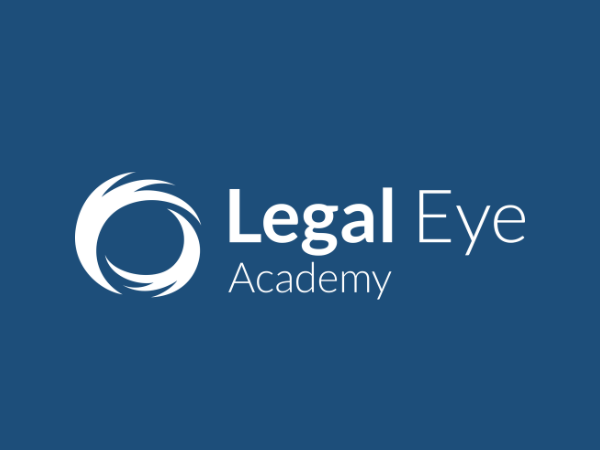Legal Eye’s Katie Jackson writes about the current external factors affecting lawyers…
The new SRA Standards and Regulations will allow solicitors to work in non-regulated practices, carrying the title ‘solicitor’. The handbook has been extensively re-written to provide a shorter set of rules, with less guidance and indicative behaviours. More will be left to the individual judgement of the solicitor, particularly those working alone in non-regulated practices.
It’s no coincidence we are discussing this at the same time as Brexit. The SRA’s justification for bringing in the new rules is based on the premise that the legal services market needed to do more to serve consumers and small business. Market perceptions are that legal services are too expensive. The Law Society recently sponsored research which stated that every additional £1 spent in legal services would contribute £2.39 across the economy. The point perhaps being that better advised consumers and businesses would make better economic decisions.
Brexit, particularly no deal Brexit, brings fears of recession. The launch of the new SRA rules and their revolution in the way solicitors can practice could be seen as an attempt to stimulate the legal services market (and consequently other markets) post Brexit. The question is whether firms and other businesses will take the opportunities presented or whether the potential change is too great; whether cultural factors within the legal services market will constrain what roles solicitors are willing to take on; and whether the uncertainty and risk created by Brexit, and the need for comfort in the status quo, will keep us all working in the same way.
There is also a question whether the SRA have the power to re-write the Handbook in this way; the last few attempts to open the market have taken parliamentary approval. Perhaps what is ultimately intended for Professor Mayson’s current review of the legal regulatory environment.
More immediately, Brexit, and particularly no deal Brexit, has created question marks around a number of regulatory points. Adequacy, passporting and equivalence agreements all take time to implement and to agree. Here’s our pass notes:
Understand the regulatory and legal basis for your current work in the EEA, including data transfer –The ICO say the GDPR remains the same, and there should be no issue sending data to the EEA, there may be an issue receiving it. Understand your position, and the position of any parent companies. The FCA have provided detailed guidance for those under their regulatory regime, particularly for those impacted by the passporting requirements.
Financial implications – understand your financial position and the current trends for your work. Brexit could create an economic downturn. The new Standards and Regulations do not have the same emphasis on risk management, but they do require you to report to the SRA should there be any risk of insolvency.
Registered European Lawyers and Registered Foreign Lawyers (RELs and RFLs) – There are 700 RELs in England and Wales; the SRA have suggested they are likely to be able to continue to practice as RELs with their European Qualification until 2020. During this period there is an ‘integration route’ (although we push back on that phrase) being offered to qualify as a solicitor. This is comprised of the QLTS, or its broader replacement, the SQE. The SRA have confirmed there will be exemptions to parts of the qualifications based on a lawyer’s prior experience and learning, considered on an individual basis. Those not wishing to qualify as a solicitor will become RFLs post 2020. Under the current rules REL status confers more practice rights than RFL status. The SRA (or parliament) have not confirmed whether RFL status will continue long term in its current form. There are mixed feelings about Brexit; ensure your staff are well supported, feel welcome, and clients are not left without representation.
Likely continuation of standards in different ways– If we want adequacy, passporting and equivalence arrangements post-Brexit, we need to ensure our standards are set and maintained appropriately. There will not necessarily be a relaxation of regulatory standards post-Brexit. The removal of some requirements in the SRA rules, sees them replaced elsewhere (in the latest changes to the CQS, for example). The Law Commission are reviewing the AML framework with the intention of strengthening it. The latest guidance on developing your risk assessment in AML may be coming internationally from the Financial Action Task Force, with contributions from the ICAEW and Bar Standards Board, among others.
This is undoubtedly a time of change. Ensure your staff know what to expect both from Brexit and your firm’s approach to dealing with the new Standards and Regulations. Now might be also be a time to express you firm’s unique selling points to clients more than ever.
For assistance with your compliance arrangements, including support with the new SRA Standards and Regulations; GDPR; CQS or your AML risk assessment, contact the experienced team at Legal Eye.
Written by Katie Jackson, Director at Honne Limited and Consultant at Legal Eye, following a Compliance Update hosted by Brunel Professions and Legal Eye Limited. Published by Legal Eye.
 (0)20 3051 2049
(0)20 3051 2049




